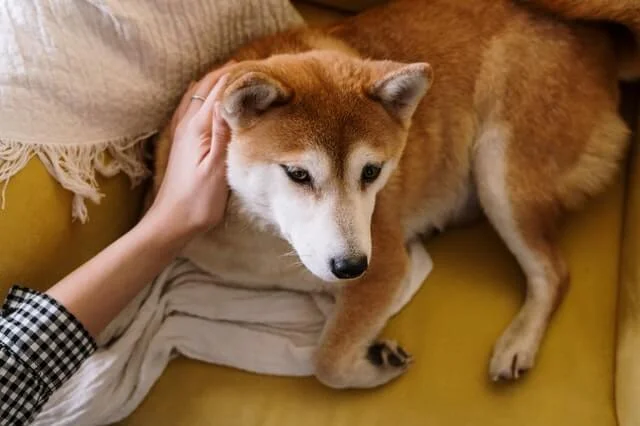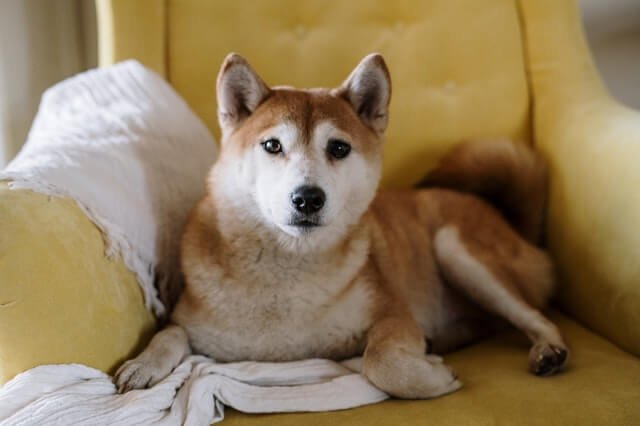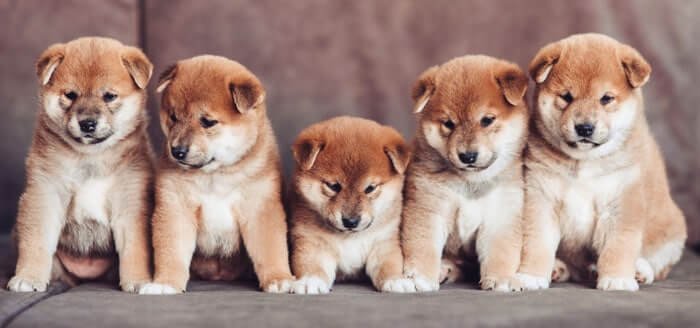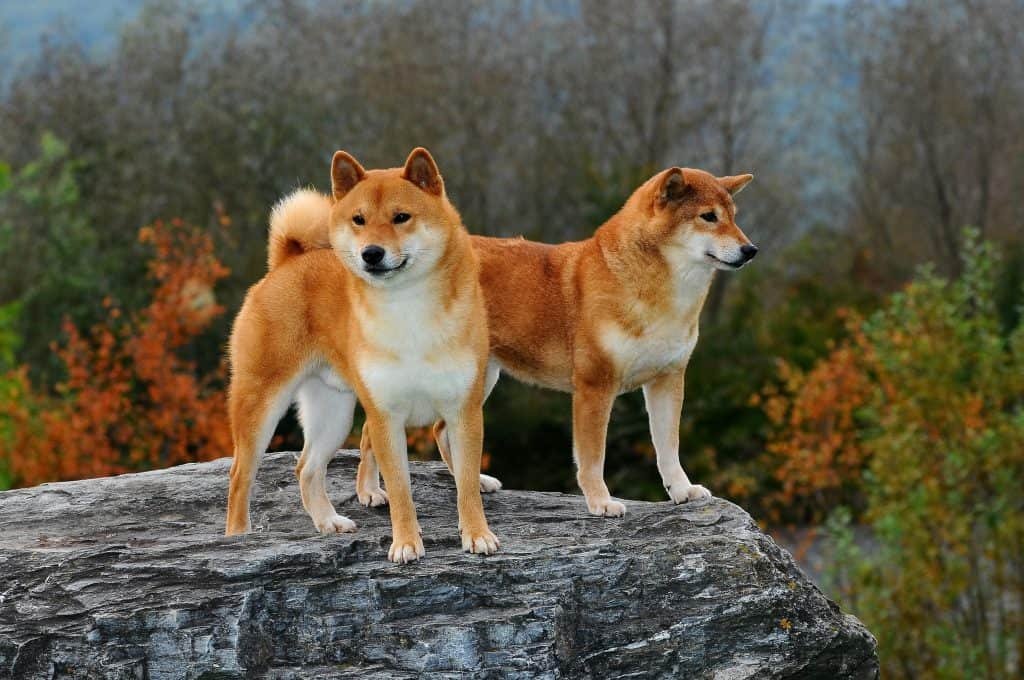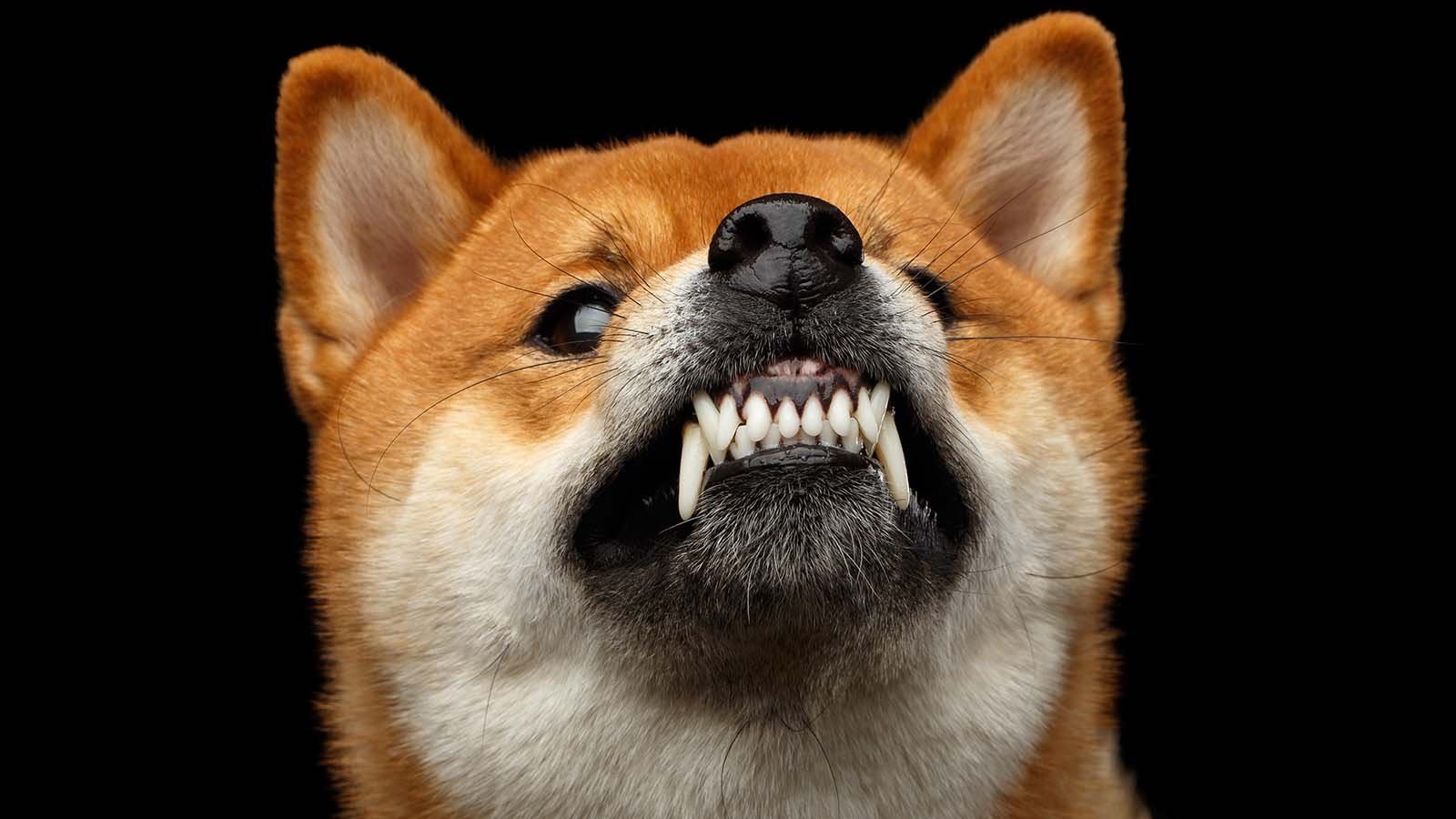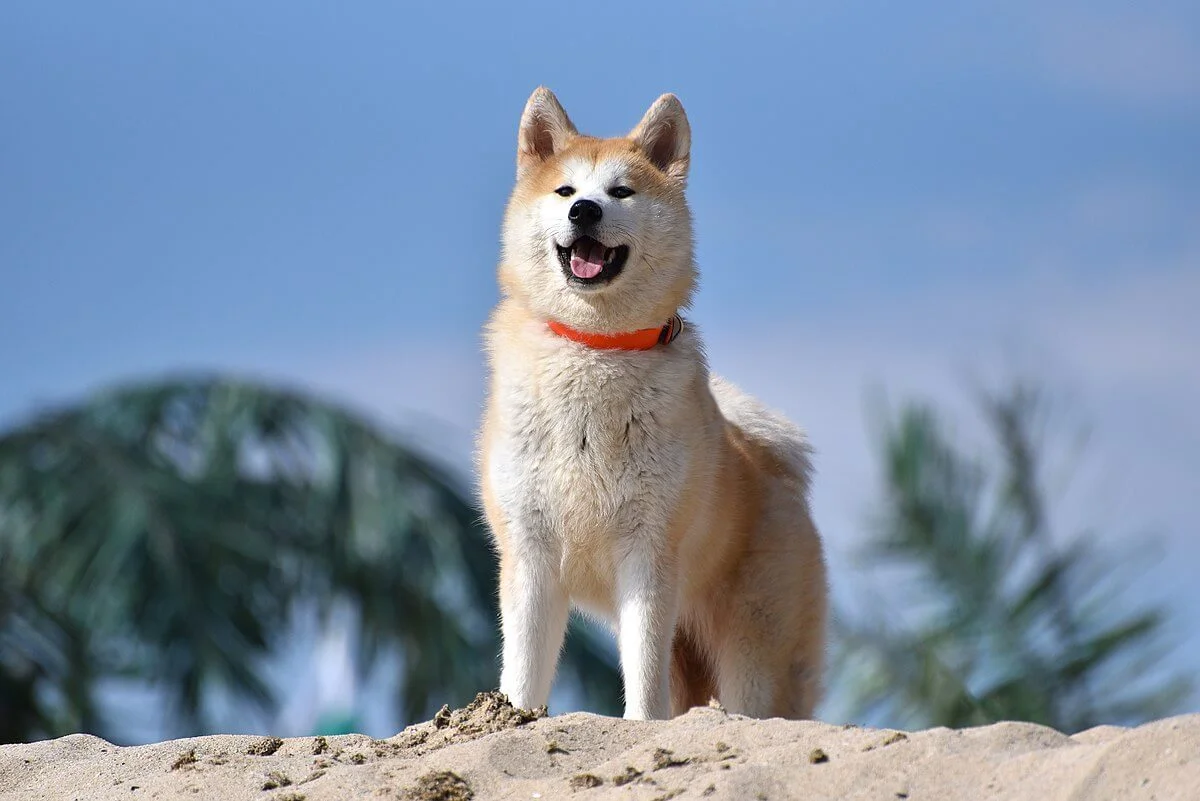
Shiba Inu dog has a spirited boldness and is fiercely proud with a good spirit and a feeling of artlessness. Shiba Inu is considered a beautiful family dog. Their loyalty makes them desirable to take them with their home. It is a well-known fact that the breeding of Shiba Inu was done originally for hunting purposes. They became famous in the twentieth century.
They can move quickly with nimble, elastic steps. The Shiba Inus is surprisingly similar to the foxes, with their sharp ears, red coat and black noses. They first came to the United States in the 1950s, but they have been gaining popularity in recent years. Let’s discuss shiba inu facts in detail below!
Shiba Inu is an ancient breed
Shiba’s ancestors traced the first settlers to Japan back in the year 7000 B.C. Archaeologists have found the remains of dogs about the size of the Shiba in the settlements of the Joman-jin people. They are those people who lived in Japan from 14,500 B.C. to 300 A.D. Shiba Inu may have been a result of breeding between Jomon-jin dogs and dogs that came to Japan with a new group of immigrants in 300 B.C.
Breeding of Shiba Inus
Breeding of Shiba Inu was done for hunting purposes. They were used in the hunting of birds and wild boars. Shibas have been used for tracking in both small and large games. Because they are small, they are good at flushing out birds, boars and many other animals. Shiba’s are rugged dogs who have survived in the mountainous region of Japan for more than thousands of years.
They are the most popular breed of dog in Japan
Shibas are currently one of the most popular companion dogs in Japan and are declared a national treasure. Many Shibas have become a sensation in Japan on social media platforms such as Instagram and YouTube.
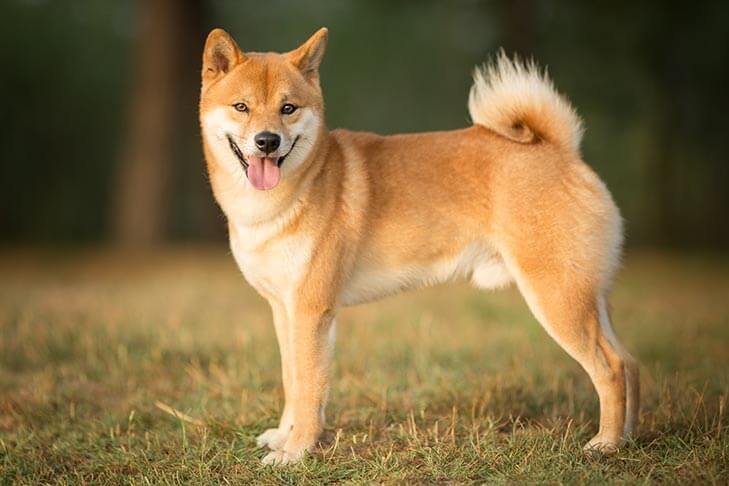
The mystery of the name of Shiba Inu
Shiba means “brushwood” in Japanese. Shiba Inu was named for the terrain where it hunted, based on where the word “Inu” means dog in that language. However, the origin of the word Shiba is unknown. Third, it could have come from the breed’s coat colour, which resembles autumn brushwood leaves. An older meaning of Shiba was small, which could also explain why the breed was named Shiba.
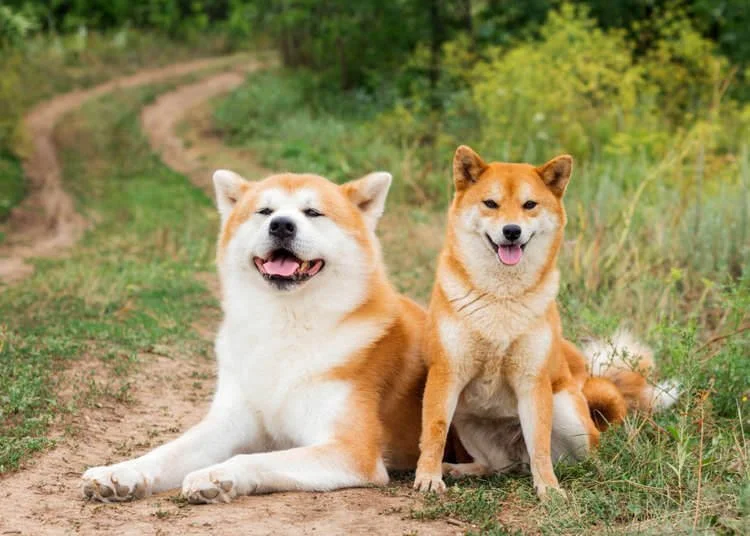
They were divided into three kinds
A Shiba is a mix of the Shinshu and the Sannin, although the Mino was also present before World War II. The modern breed is most like the Shinshu, but all three contributed to the breed’s development. At present breeding of Shiba with other native breeds is also done. There are many benefits of it. Most famous mix at present is Shiba Inu Chow Chow.
The species was almost extinct
Shiba were practically eradicated in World War II. At the time of was Japan was inconsiderate about the breeding of dogs. War along with food shortage led to a near extinction of Shiba. Most Shibas died in bombing during the war. Later the viral infection led to an increase in the death rate of Shiba in Japan.
They Don’t like water
We know there are many similarities between Shiba Inu and Cats. One of the exciting facts about Shiba is that they don’t like water. Shibas are not comfortable with playing and enjoying the water. Since proper training and experience with water from an early stage can make them like it too.
Shiba likes to stay clean. Even though they don’t want to bathe, often they remain clean because of their constant habit of cleaning their fur.
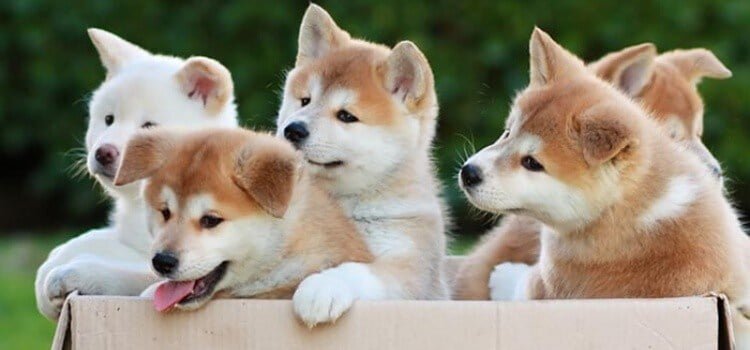
Smallest of Six Japanese dog
Shiba is the smallest of six Japanese dog breeds. These breeds are Akita Inu, Shikoku Inu, Kishu Inu, Hokkaido, and Kai Ken. Among these breeds, Shiba Inu is the most petite and most adorable dog. Their small size makes them suitable as apartment dogs. They gained popularity in the twentieth century. At present, they are very famous breed and popular all over the world.
Shiba Inu as Companion dog
Shiba are famous for their small size and friendly nature. They makes fantastic companion dogs and get adapted to families very quickly. Shibas have historical roots in Japan. Even Though they don’t like much cuddling, their temperament is amiable. They are the best choice for those who are living alone and want someone as their companion. Seeing the happy faces of their Shiba enlightens their heart and releases all the stress of a sudden.
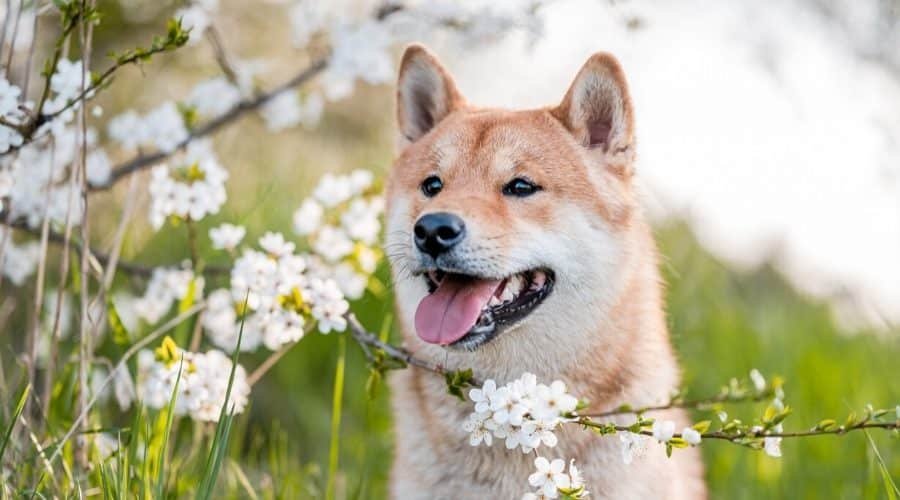
Different colours of fur
The most exciting fact about Shiba Inu is their fur. Their coat colour has four different variants. These are red, black and tan, sesame and cream. The red fur of Shiba is the most preferred among the owners. They are a beautiful breed of dog. Even though people prefer Shiba Inu in red fur, they look amazing in all colours.
Shiba Inu are hygiene conscious
Shiba Inu like to keep themselves clean. This characteristic of Shiba is very much similar to cats. They have a habit of licking themselves constantly to keep their body clean. Shibas are considered the cleanest breed of dogs. They don’t like dirt on their fur and paws.
Shiba Inu’s worldwide popularity
Historically, Shiba Inu are from Japan. They came to attention in the early twentieth century. It may be shocking for some that They are not an American breed but Japanese. According to international forums, Shiba is now the 44th most popular breed in the USA. Not the only USA, but their popularity is now increasing in other European countries too.
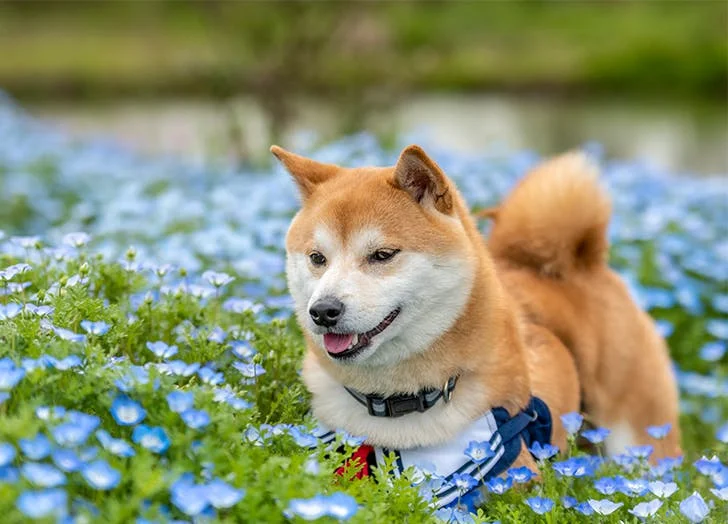
Shiba Inus are not the typical cuddly type of breed
“Shiba Inus are not the typical cuddly type of breed.” Shiba Inus are a class of dogs that come from Japan and were bred as hunting dogs. Shiba Inus tend to show stubborn personality and are not very much cuddly. It totally depends on his mood if he want a cuddle or not.
Shiba Inus usually don’t like other dogs that it doesn’t know which may make life difficult if you own another dog. They tend to show aggressive and snobbish behaviour with other animals most likely smaller animals.
Shiba Inus can vary greatly when it comes to how cuddle they want with their owners; some Shiba inus love being held while others prefer less contact (or none at all). The Shiba Inu is a breed that takes some time to warm up and get used to, but they are loyal companions for those who have the patience. Though not every dog loves being cuddled. In case of Shiba Inu they might take time to get themselves comfortable with their owner for a cuddle.
Shiba Inus are loyal to their family members but will not be very welcoming to strangers
Shiba Inus are loyal to their family members but will not be very welcoming to strangers. They are wary of people they do not know. Shiba Inu will be friendly with people who live in the household and can sometimes be quite friendly with children. Shiba Inu are intelligent, human loving, and eager to please. Shiba-Inu usually don’t like other dogs that it doesn’t know, so owning one might be difficult if you also own another dog.
Shiba Inus are reliable and independent dog
Shiba Inus are reliable and independent dogs. Shiba Inu owners love the Shiba’s independence and loyalty to their family members. Shibas can be quite challenging when it comes to strangers; they want to make up their own mind about who is trustworthy or not. Shiba inus need space in order to be happy; they’re not the cuddly type of breed–they like being outside more than inside (and they need room for that).
Why Are Some Shiba Inus Cuddly And Others Are Not?
It is often said that there’s a genetic baseline which determines the personalities of breeds in general. However, this will only be on average and never reflect every dog within their respective breed; so while genetics do play some part in Shiba Inus’ personality – it’s not as though they’re doomed to being hyperactive or lethargic forever because of your owning one! Nor does socialization determine an individual’s behavior 100%.
It all boils down how you interact with them from puppyhood through adulthood: by teaching tricks (and other behaviors) can give us control over what type traits our pup develops into when fully grown up… And finally assuring plenty of enrichment in their day to keep Shiba Inus happy. A Shiba’s environment plays a large role on how they’ll behave as well!
Conclusion
The Shiba Inu is a breed that takes some time to warm up and get used to, but they are loyal companions for those who have the patience. As you can see, there are many different aspects to consider when deciding whether or not a Shiba Inu is the right fit for your household.
Remember that while some may be more independent and stubborn than others, they do have their quirks which make them special! Whether it’s cuddling with owners or being standoffish around strangers, if you decide this breed is right for you, prepare yourself for what comes next.
Shiba-Inus are an independent breed, so Shiba inus are hard to train. Shiba Inu are pretty loyal to their family members but Shiba inus are not very welcoming to strangers. Shiba Inu love to be outside, so they do need lots of room to run around in!
So if you’re looking for a companion with an independent streak and a love of physical contact-the Shiba Inu might be your perfect match! They come in three different coat types which depend on their environment; though all coats look fluffy they differ from one another in texture.
All dogs require grooming regardless of type or length, so it’s important that owners know what specific needs their pup has before taking them home. Does your Shiba like to cuddle? Tell us about your experience.
